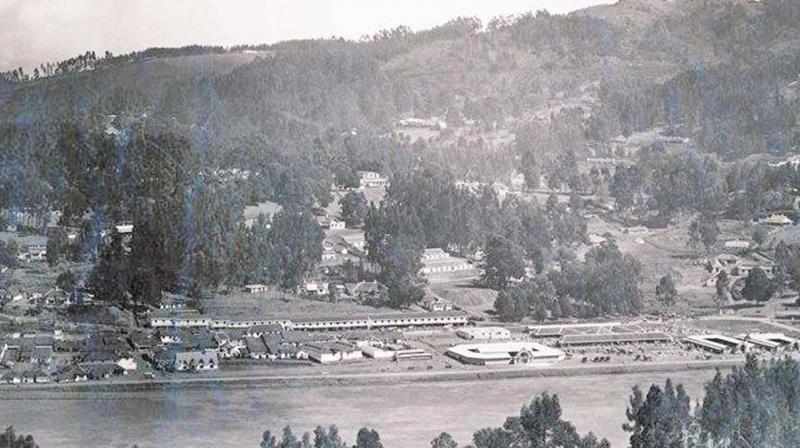Good air quality can fight climate change in Ooty

Ooty: With International Mountain Day (IMD) with the theme "Mountains Matter" being observed world-over from Tuesday, this year the IMD is relevant to the Nilgiris, one of the oldest mountain ranges which is also the first bio-sphere reserve of India.
Of late, the Nilgiris has been in the news for various ecological issues that includes the elephant corridor, illegal quarries, plastic menace and unauthorised constructions. While these are all the issues which needs much attention, the Greens here feel it is global warming and climate change factors that may adversely affect the mountains here, if proper steps are not taken in time.
Stating that mountains matter for life on earth as mountains are the natural life sustaining systems on earth, M. Kumaravel, field officer at the CPR Environment Education Centre here, said that mountains are known as natural water tanks and oxygen banks, besides being the hosts for several indigenous communities, traditional farming and food, tourism promotion and forests and wildlife. These facts signify the need to conserve mountains for the well being of the earth.
Cautioning that global warming and climate change are going to impact the hills in a big way in the future, he said that air pollution is going to be a big challenge in the Nilgiris in the coming years. "Over the recent two decades, there has been a tremendous increase in the volume of traffic in the Nilgiris because of tourism. Mountains and tourism are inseparable. What is needed is sustainable tourism. Increase in the volume of traffic due to growing tourism in Nilgiris is certainly unavoidable, but government needs to find alternative fuel to minimize the damage caused by automobile exhausts to the air," he noted.
"Chemical particulate substances and aerosols that includes sulfur and lead, released into the air by automobile exhausts not only spoil the air quality but also become a causative factor for global warming," he said.
Kumaravel added that government should spur initiatives for introduction of bio-fuels for vehicles in the hills and set up a regular air-pollution monitoring system in the hill borders to check the entry of vehicles with faulty engines to the hills. This apart, the mushrooming of concrete structures in the Nilgiris also adds to radiation that in turn, tends to increase atmospheric temperature, he noted.
Meanwhile, D. Venugopal, a noted environmental activist and director of the Nilgiri Documentation Centre (NDC) here, called for a moratorium on constructions in landslide-prone areas in the Nilgiris. He said that the Nilgiris district administration's pro-active move to identify 233 landslide-prone areas in the Nilgiris will be widely welcomed as timely and a disaster-proof decision. The move should be followed up with a moratorium of five years on buildings, roads and other constructions in the survey numbers falling within the identified locations, he suggested.

